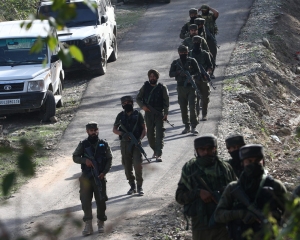Punjab Government on Friday expressed firm opposition to the Union Government’s proposed river interlinking initiative, with Punjab Vidhan Sabha Speaker Kultar Singh Sandhwan warning of significant environmental and agricultural consequences. Sandhwan characterized the plan as an unprecedented intervention in natural ecosystems, calling for a thorough review to mitigate potential risks.
Sandhwan, in an official statement, pointed to the recent inauguration of the ‘Ken-Betwa River Interlinking Project’ by Prime Minister Narendra Modi in Madhya Pradesh. The project, part of the ‘National Perspective Plan’ under the Union Ministry of Jal Shakti, aims to transfer surplus water from Madhya Pradesh’s Ken River to Uttar Pradesh’s Betwa River, addressing irrigation challenges in the drought-prone Bundelkhand region.
While acknowledging the stated goal of redistributing water resources, Sandhwan emphasized that ‘scientific studies raise concerns about such large-scale hydrological interventions’. “These projects could disrupt natural water cycles, alter established monsoon patterns, and threaten agricultural sustainability,” he said.
He further cautioned that such disruptions might have cascading effects on other sectors and regions, jeopardizing the nation’s ecological balance.
The Speaker advocated for alternative solutions to address water scarcity, including “prioritizing water conservation, recycling, and advanced treatment initiatives”. He urged the Union Government to focus on sustainable and localized measures rather than implementing potentially disruptive mega-projects.
Sandhwan’s concerns underscored the complex challenges posed by the ‘Ken-Betwa Link Project’ — the first of 30 planned interlinking initiatives under the National Perspective Plan. The project, designed to increase irrigation capacity in Bundelkhand, highlighted a broader debate over balancing regional water needs with environmental sustainability.























